When Reflection Leads to a Better Response
- May 27, 2025
- By personifyadmin
- In Newsletters
- 0 Comments
It is easy to match the behavior we receive, especially when that behavior is unkind or passive-aggressive. A sarcastic comment may get a sarcastic reply. A cold shoulder might be met with one of your own. In the moment, it can feel like self-protection or even fairness, but it rarely leads to the outcome you want.
Mirroring negative behavior can escalate tension, damage trust, and distract from the real issue. While it may give a temporary sense of satisfaction, it often leaves you questioning whether you acted in line with your values. Leadership requires the ability to pause, reflect, and choose a better path forward.
Recognizing when you have mirrored poor behavior is the first step toward change. This awareness allows you to learn from the situation, identify what triggered your reaction, and prepare for a more constructive response next time. Without reflection, these patterns can repeat without you even realizing it.
Taking the high road does not mean ignoring problems or tolerating disrespect. It means addressing them directly, but with professionalism and composure. Responding with clarity and respect keeps the focus on solving the issue rather than getting drawn into a cycle of negative exchanges.
It helps to think about the kind of example you want to set. Your reaction in difficult moments sends a powerful message to your team about how to handle conflict. By choosing a better response, you not only protect your own credibility but also model emotional maturity for others.
Over time, breaking the habit of mirroring unkindness becomes easier. Reflection sharpens your ability to catch yourself in the moment, and intentional practice helps you respond in ways that align with your leadership values.
Our Core Program provides tools for recognizing these patterns and developing strategies to respond with purpose, even in challenging situations.
~by Michelle Cummings, Founder & CEO, Personify Leadership
Tip/Tool for Implementation: Negative behavior invites a match. Choose a response that reflects your values instead.
Leaders who reflect on times they mirrored unkind or passive-aggressive behavior gain insight into their reactions. This awareness helps them choose healthier responses, protect relationships, and set a positive example for how to handle conflict with professionalism.
Supportive Research: Expression of Hostility – Basis of Passive Aggressive Behavior. Correlational Study. by Georgiana Corcaci. May 2023

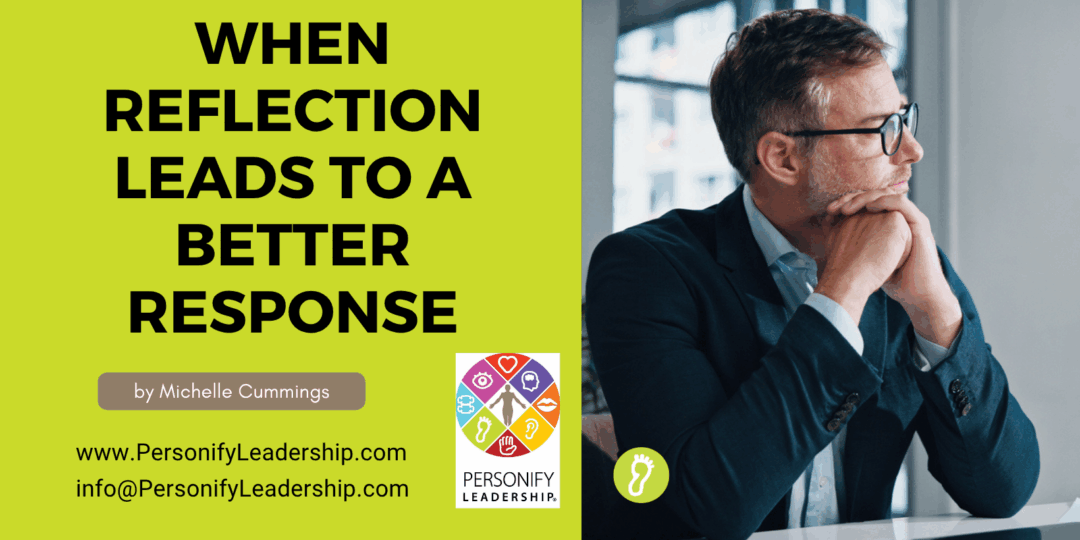
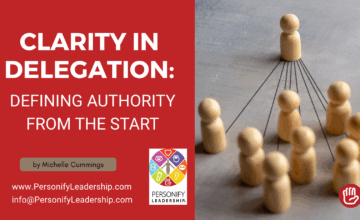
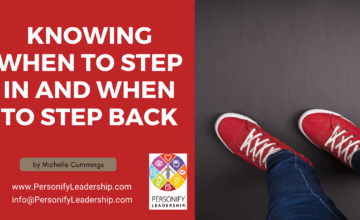
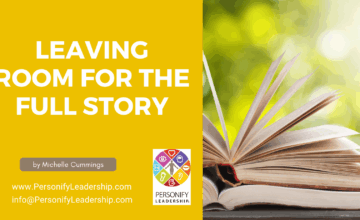
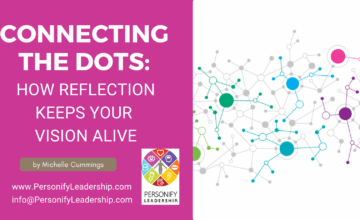
Recent Comments